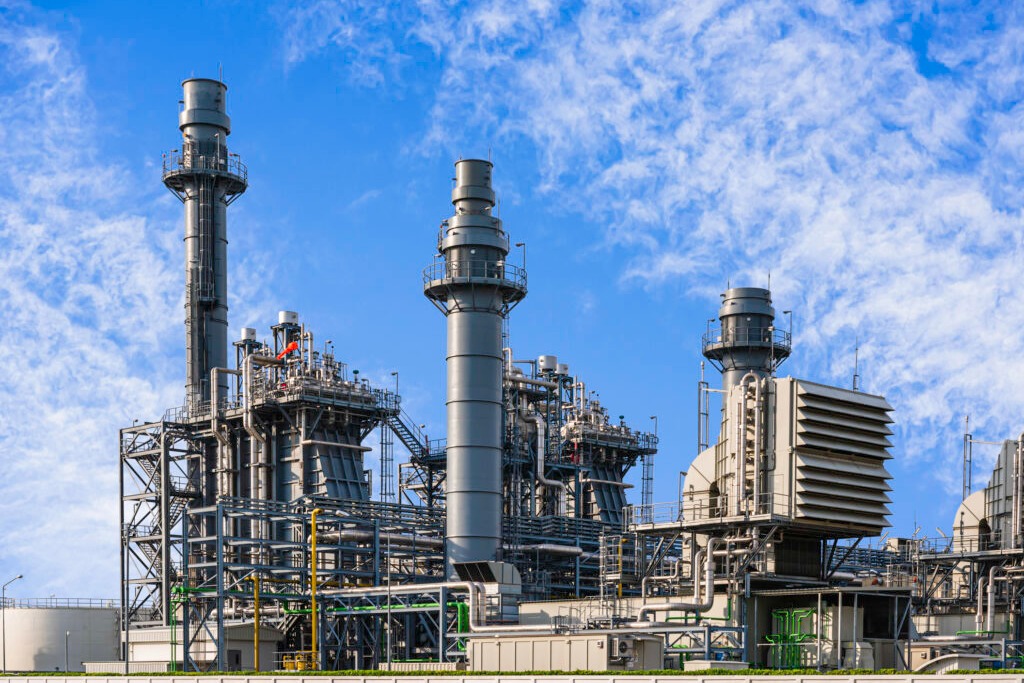Energy solutions
Our energy solutions are designed to optimize efficiency, reduce costs, and minimize environmental impact. From renewable energy integration to energy management strategies, we provide tailored solutions to meet your specific needs.
Embark on your next energy journey with a trusted partner. Our comprehensive expertise and insights will guide you every step of the way.
FEVOL is a provider of innovative and sustainable energy solutions, focused on helping businesses navigate the evolving energy landscape. We are dedicated to delivering practical, tailored solutions in key areas such as renewable energy, waste-to energy, energy recovery, and energy efficiency.
Our team consists of experienced engineers who bring a strong foundation of knowledge to every project. We are committed to developing effective and reliable systems that not only meet our clients’ needs but also contribute to a cleaner, more sustainable energy future.
Our Approach
At FEVOL, we believe in a collaborative and customer-centric approach. We work closely with our clients to understand their unique needs and develop tailored solutions that meet their specific requirements. Our commitment to innovationand sustainability drives us to explore new technologies and explore emerging opportunities.

Explore our energy solutions
Industrial boiler houses and plants are the heart of a facility's energy system. They are specialized structures that house and operate high pressure steam or hot water boilers, along with all the necessary auxiliary equipment. These plants are crucial for providing the heat and power required for a wide range of industrial processes, from manufacturing and sterilization to district heating. We design and build these complex systems to be safe, highly efficient, and reliable, ensuring a consistent energy supply for your operations.
Combined Heat and Power (CHP) plants, also known as cogeneration, are highly efficient systems that simultaneously generate both electricity and useful heat from a single fuel source. Instead of wasting heat, a typical byproduct of electricity generation, CHP systems capture it to power industrial processes, heat buildings, or drive other applications. This dual-purpose approach can significantly increase overall energy efficiency to over 80%, drastically reducing operational costs and carbon emissions while providing a reliable and decentralized energy source.
Energy recovery solutions are the key to turning waste into a valuable resource. By capturing and reusing thermal or kinetic energy that would otherwise be lost, businesses can drastically improve their operational efficiency, reduce costs, and minimize their environmental footprint. At FEVOL, we specialize in expertly engineering these systems, providing innovative and tailored solutions to ensure your business reaps the full benefits of a truly sustainable energy cycle.
Waste-to-Energy (WTE) systems are a cornerstone of a circular economy, converting non recyclable waste materials into usable energy such as electricity, steam, or heat. This process not only provides a sustainable energy source but also drastically reduces the volume of waste sent to landfills. We specialize in designing and building these advanced systems, providing robust and efficient Waste-to-Energy Solutions that help your business manage waste responsibly while creating a new, valuable energy stream.
Heat exchangers are critical components for maximizing thermal efficiency in industrial operations. These devices expertly transfer heat between two or more fluids without allowing them to mix, playing a vital role in heating, cooling, and energy recovery applications. We specialize in designing and supplying custom engineered heat exchanger solutions that are precisely tailored to your process needs, ensuring optimal performance and energy savings.
Steam and condensate systems are the backbone of efficient heat transfer in countless industries. These systems generate, distribute, and recover steam, which carries a large amount of energy to power various processes, while the condensate (cooled steam) is returned to the boiler for reuse. This closed-loop process is crucial for maximizing energy efficiency and minimizing water and fuel consumption.
Combustion and burner systems are at the core of any process that requires thermal energy. Properly engineered burners are essential for achieving optimal fuel efficiency, ensuring operational safety, and minimizing harmful emissions.
Automation is the key to unlocking new levels of efficiency and precision in industrial operations. By leveraging intelligent systems and robotics, businesses can streamline complex processes, significantly reduce human error, and create safer working environments. At FEVOL, we specialize in providing custom engineered automation solutions that are tailored to your specific needs, helping you achieve operational excellence and long-term profitability.
Interested in discovering more?
Contact us today! We’re eager to assist you in finding the perfect solution, product, or service.
Fevol provides innovative industrial process solutions, driving sustainability and efficiency in the energy sector. We engineer and provide smart, reliable systems for a greener future.
Useful Links
Our Expertise
Contact Us
Barbaros Mahallesi, Begonya Sk. Nidakule Ataşehir Batı No:1 Ataşehir / Istanbul, Türkiye
info@fevoltech.com
Copyright 2025, Fevol. All Rights Reserved.


